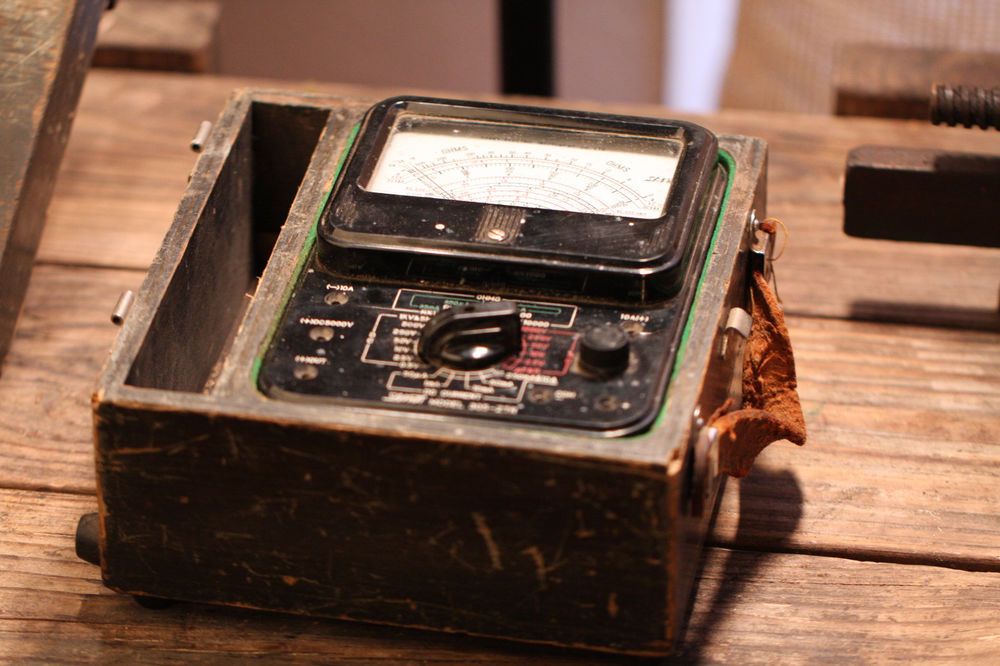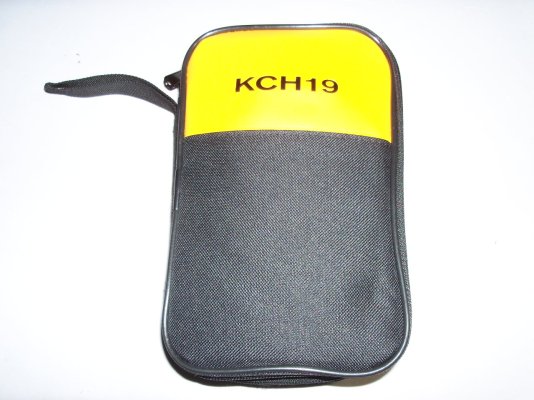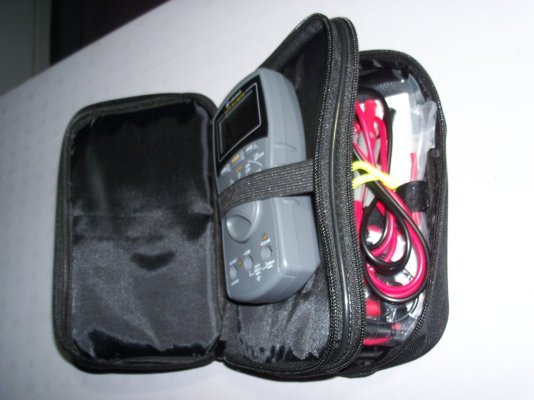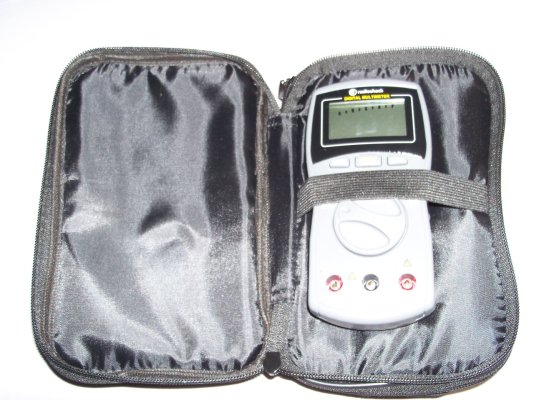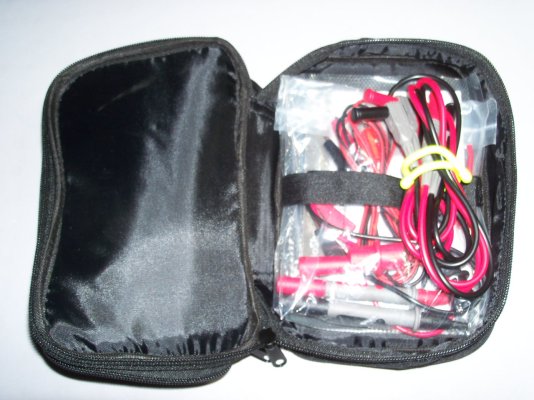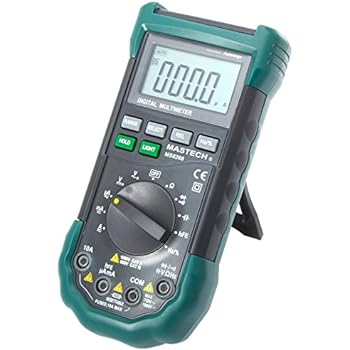folivier
Thinks s/he gets paid by the post
- Joined
- Oct 8, 2009
- Messages
- 2,044
I've got a couple Fluke 87s in their protective yellow case and a few other cheaper brands. The cheap ones all stay in their padded cases until needed. The Flukes? well they're pretty indestructible. I've had them for 10+ years, dropped, gotten wet, stepped on, and pretty much abused and they still keep on ticking'.

